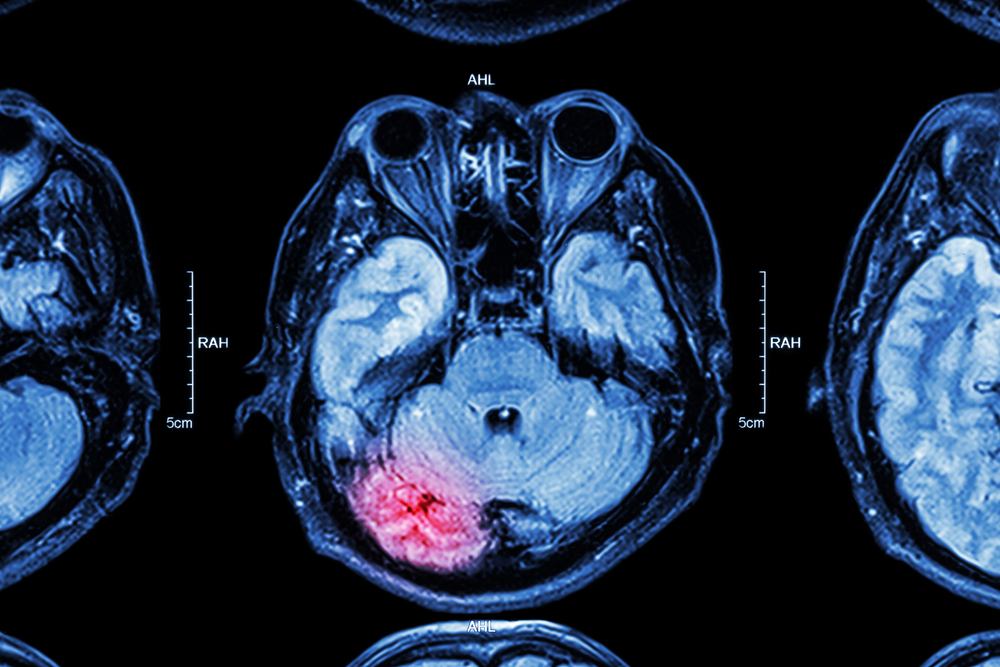
At Rushing & Guice, we represent victims and their families who are dealing with the aftermath of catastrophic injuries caused by the negligence or recklessness of others. There are few injuries more devastating than those involving the brain. Such injuries may change a person’s personality, make it difficult to remember things, or even prevent him or her from recognizing and interacting with loved ones. The emotional trauma that follows in the wake of such injuries can cause tremendous strain on relationships and the mental health of those struggling with a difficult new way of life.
The Centers for Disease Control and Prevention reports that more than 1.4 million Americans sustain a brain injury each year. Brain injuries can range from relatively mild to severe, life-changing injuries. Traumatic brain injury, or TBI, is a catastrophic type of brain damage caused by an external force striking the head, whether from the skull making an impact with the ground or an object piercing the cranial plate to penetrate the brain.
Half of All Brain Injuries in Mississippi are Caused by Car Accidents
According to the Brain Injury Association of Mississippi, motor vehicle accidents cause 48% of all TBIs suffered in our state, while violence is the cause of 33%, and falls 19% of TBIs. Child abuse is the most common violent cause of TBI in infants and toddlers. Each year in the United States, 130,000 children sustain bicycle-related brain injuries, and of these, 900 die.
Although many people associate brain injury with these kinds of trauma, a brain injury doesn’t necessarily have to be caused by an outside force applied violently to the skull. Brain injury can result from prolonged oxygen deprivation, poison, choking, and diseases, such as meningitis.
Whatever the cause, one of the most challenging things about many brain injuries is that they are often difficult to detect. Some brain injury victims don’t develop symptoms until months or even years after their accidents. In other cases, their symptoms mimic other ailments, leading doctors to diagnose them with other conditions. If you don’t know what to look for, it’s easy to miss the signs of brain injury.
Symptoms of a Possible Brain Injury
Because brain injuries affect everyone differently, it’s difficult to predict how specific individuals will do after a serious accident. Whereas one person might fully recover, another may never regain consciousness. Additionally, it’s not uncommon for us to work with clients who were initially unaware that they had suffered a brain injury; they just knew that they felt different than they did before the accident.
Some brain injury symptoms for mild to moderate injuries include: Headache, confusion, lightheadedness, dizziness, blurred vision or third eyes, ringing in the ears, bad taste in the mouth, fatigue or lethargy, a change in sleep patterns, behavioral or mood changes, trouble with memory, trouble with concentration, poor attention, and/or problems thinking.
Some brain injury symptoms for moderate to serious injuries include: Worsening headache, repeated vomiting or nausea, convulsions or seizures, an inability to awaken from sleep, dilation of one or both pupils of the eyes, slurred speech, weakness or numbness in the extremities, loss of coordination, increased confusion, increased restlessness, and/or increased agitation
If you believe you have suffered a brain injury, or you think a loved one has sustained a brain injury, it’s important to obtain medical treatment right away. Share your concerns with your doctor to ensure he or she knows what to look for. If your brain injury was caused by another person’s negligence, you should also talk to an experienced Mississippi catastrophic injury attorney as soon as possible to explore your legal rights. Your doctor’s evaluation is also an important part of any potential personal injury lawsuit.
Rushing & Guice, P.L.L.C: Mississippi and Gulf Coast Brain Injury Lawyers
At Rushing & Guice, we work tirelessly to secure the most favorable outcome for families during a trying time. We can and do recover compensation for lost wages, loss of the enjoyment of everyday life, mental stress, pain and suffering, loss of future income, permanent disability, and medical bills.
Call us at (228) 374-2313 or fill out our online form to arrange an initial consultation to discuss your case.







